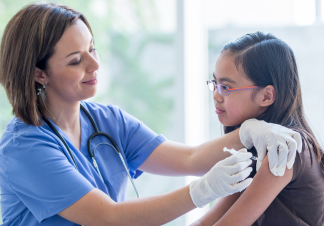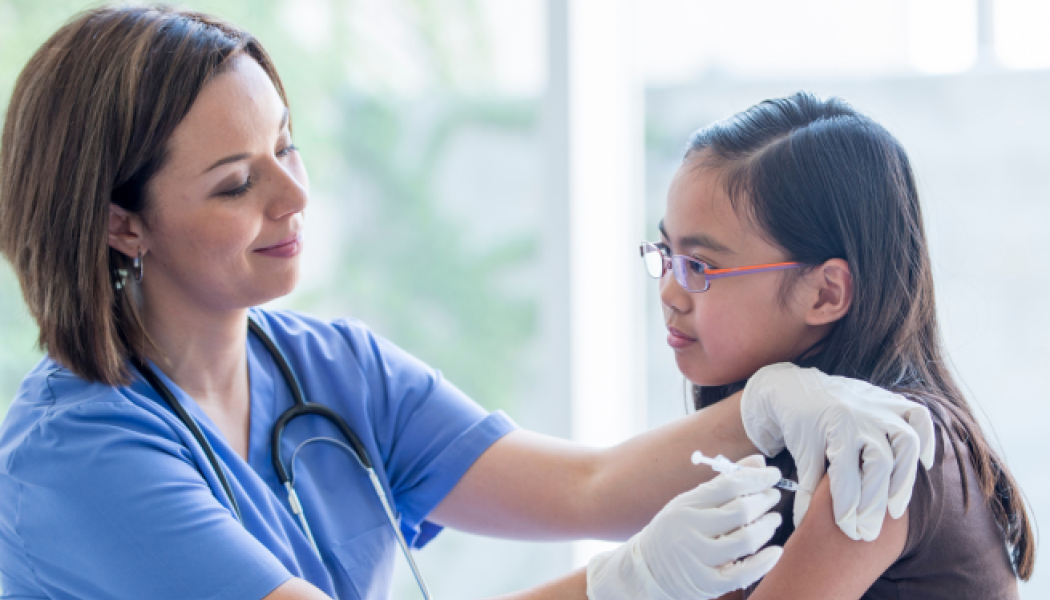Immunization and vaccines are important throughout your life. Vaccines are products that produce immunity to a specific disease. Immunization (or vaccination) protects people from disease by introducing a vaccine into the body that triggers an immune response.
Read on to find out five important things you should know about immunizations and vaccines, and visit our Immunization and vaccines page for more information.















